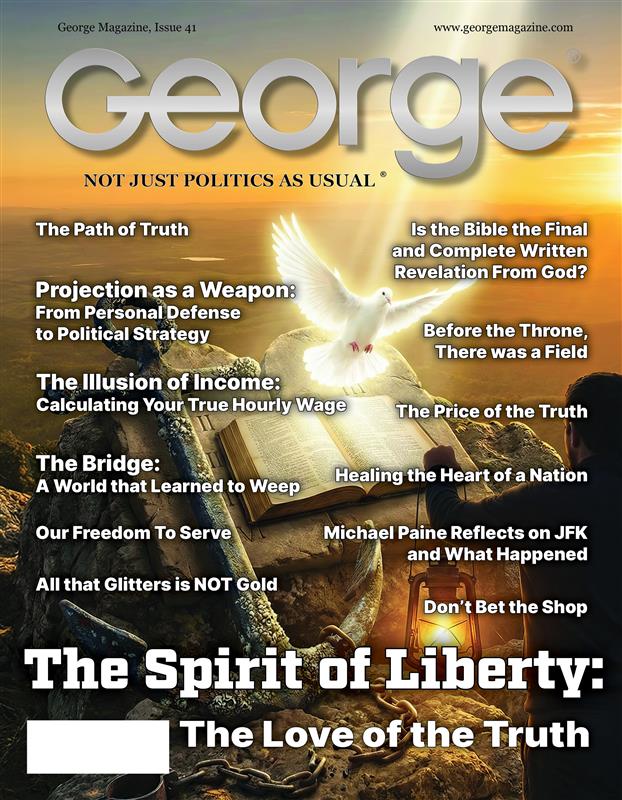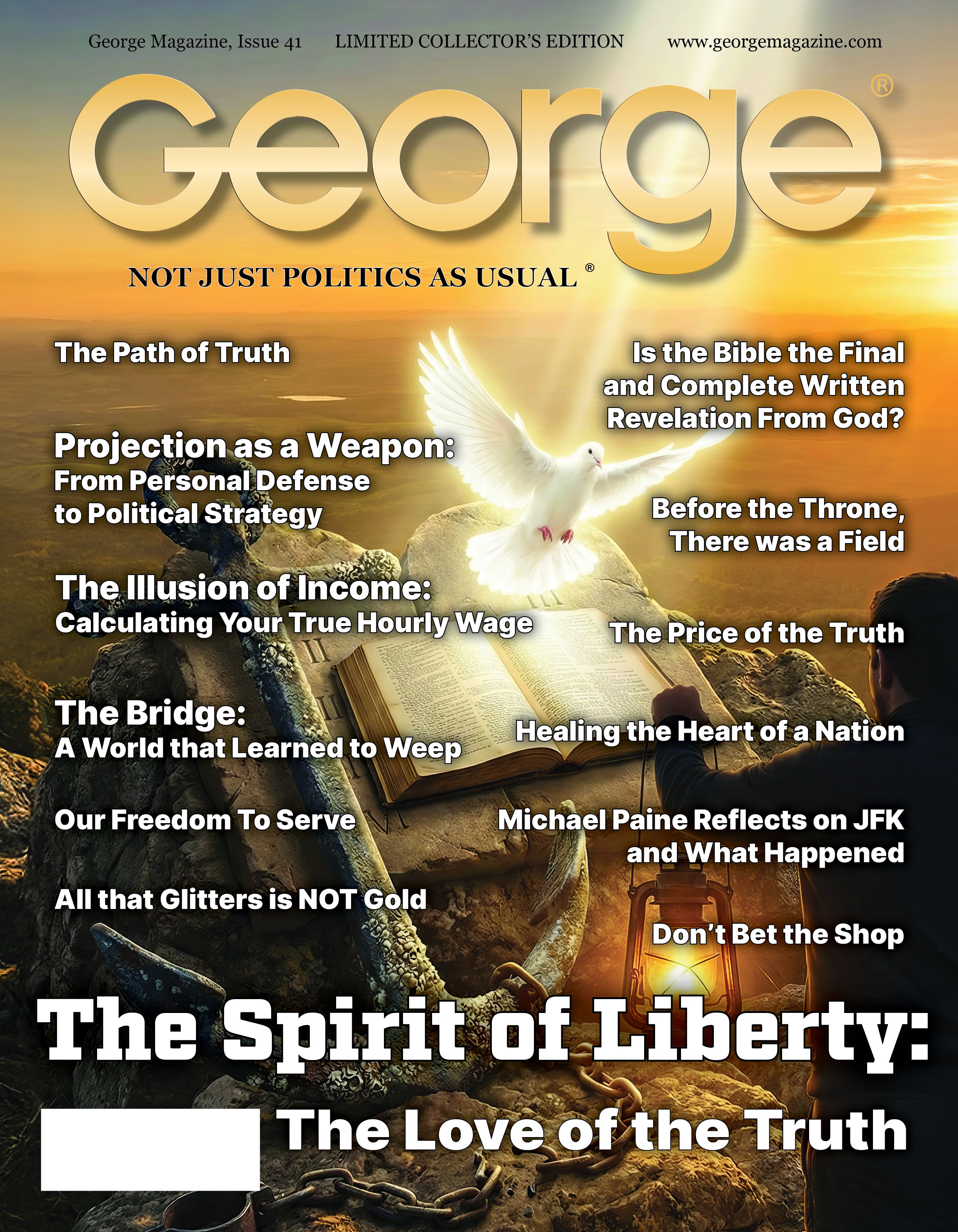Gnosticism
The earliest and perhaps most formidable challenge to nascent Christianity came from a diverse set of beliefs collectively known as Gnosticism. Flourishing in the first few centuries of the Christian era, Gnosticism posited a radical dualism that stood in stark opposition to the biblical account of creation. Gnostic cosmology typically involved a remote, unknowable supreme God, and a lesser, flawed deity…the Demiurge…who was responsible for the creation of the material world. This material realm, including the human body, was seen as inherently evil, a prison for the divine sparks of light trapped within certain individuals.
This Gnostic worldview directly contradicted the foundational Christian doctrine of Creation as articulated in the book of Genesis. The Bible unequivocally declares, “And God saw every thing that he had made, and, behold, it was very good” (Genesis 1:31, KJV). The Gnostic denigration of the material world was, from a Christian perspective, a rejection of the goodness of God’s handiwork. Furthermore, the Gnostic identification of the God of the Old Testament as the ignorant and malevolent Demiurge was a direct assault on the unity and sovereignty of the one true God worshiped by Christians. The Apostle Paul, in his first letter to Timothy, appears to address such teachings, warning against “profane and vain babblings, and oppositions of science falsely so called: Which some professing have erred concerning the faith” (1 Timothy 6:20-21, KJV).
The Gnostic understanding of salvation, or gnosis, further widened the chasm. For the Gnostics, salvation was not achieved through faith in the atoning sacrifice of Jesus Christ, but through the attainment of secret knowledge. This gnosis was a spiritual awakening that allowed the individual to recognize their divine origin and escape the confines of the material world. Christ, in many Gnostic systems, was not the unique, incarnate Son of God who died for the sins of humanity, but rather a divine emissary who came to impart this secret knowledge. Some Gnostic schools even taught that Jesus did not have a physical body but only appeared to be human, a heresy known as Docetism.
This stands in stark contrast to the central tenets of Biblical Christianity. The Apostle John, in his first epistle, provides a clear test for discerning the spirit of truth from the spirit of error: “Hereby know ye the Spirit of God: Every spirit that confesseth that Jesus Christ is come in the flesh is of God: And every spirit that confesseth not that Jesus Christ is come in the flesh is not of God: and this is that spirit of antichrist, whereof ye have heard that it should come; and even now already is it in the world” (1 John 4:2-3, KJV).
For the Christian, salvation is a gift of God’s grace, received through faith in the finished work of the historical Jesus Christ…his death, burial, and resurrection. The Gospel message is a public proclamation, not a secret whispered to a privileged few. As Jesus himself declared, “I spake openly to the world; I ever taught in the synagogue, and in the temple, whither the Jews always resort; and in secret have I said nothing” (John 18:20, KJV).
Hermeticism
Another significant esoteric tradition that has periodically intersected and conflicted with Christianity is Hermeticism. Deriving its name from the legendary Hellenistic figure Hermes Trismegistus, Hermeticism encompasses a body of philosophical and magical texts that blend Egyptian and Greek thought. While some Renaissance thinkers attempted to synthesize Hermeticism with Christian theology, viewing Hermes as a pagan prophet who foresaw the coming of Christ, a deeper examination reveals fundamental incompatibilities.
At the heart of Hermetic philosophy is the principle of “as above, so below,” which posits a correspondence between the macrocosm (the universe) and the microcosm (the individual). Through the understanding and manipulation of these correspondences, the Hermetic practitioner seeks to achieve spiritual ascent and, in some interpretations, deification. This emphasis on self-realization and the attainment of divine status through personal effort and arcane knowledge is a far cry from the Christian doctrine of salvation by grace through faith.
The Bible consistently teaches that humanity is fallen and in need of a savior. The prophet Isaiah declared, “But we are all as an unclean thing, and all our righteousnesses are as filthy rags” (Isaiah 64:6, KJV). The path to God, in the Christian understanding, is not through the mastery of occult sciences but through humble repentance and trust in Christ. Jesus said, “I am the way, the truth, and the life: no man cometh unto the Father, but by me” (John 14:6, KJV). This exclusive claim of Christ as the sole mediator between God and humanity directly challenges the Hermetic ideal of self-deification.
Furthermore, the magical practices often associated with Hermeticism, such as astrology and alchemy, have been consistently condemned in the Scriptures. The book of Deuteronomy warns against such practices: “There shall not be found among you any one that maketh his son or his daughter to pass through the fire, or that useth divination, or an observer of times, or an enchanter, or a witch, Or a charmer, or a consulter with familiar spirits, or a wizard, or a necromancer. For all that do these things are an abomination unto the Lord” (Deuteronomy 18:10-12, KJV). The Christian faith calls for trust in the sovereign will of God, not in the manipulation of supposed cosmic forces.
Rosicrucianism
A later manifestation of esoteric thought that created considerable stir and suspicion within Christian Europe was Rosicrucianism. Emerging in the early 17th century with the publication of anonymous manifestos, Rosicrucianism claimed to be a secret brotherhood of sages who possessed profound knowledge of the mysteries of the universe, nature, and the spiritual realm. The Rosicrucian worldview was a syncretic blend of Christian mysticism, Hermeticism, alchemy, and Kabbalah.
While the Rosicrucian manifestos espoused a reformation of society and a deeper, more spiritual understanding of Christianity, their emphasis on secrecy and esoteric knowledge placed them at odds with the established church. The Rosicrucian “brethren” were portrayed as enlightened masters who had transcended the limitations of ordinary human understanding. This elitist conception of spirituality clashed with the universal call of the Gospel.
The Bible teaches that “God is no respecter of persons” (Acts 10:34, KJV) and that the “wisdom of this world is foolishness with God” (1 Corinthians 3:19, KJV). The Christian faith is not a secret society but a visible community of believers, the Church, which is described as “the pillar and ground of the truth” (1 Timothy 3:15, KJV). The authority for Christian doctrine and practice is not found in hidden manuscripts or the pronouncements of an invisible brotherhood, but in the sixty-six books of the Holy Bible, which are the inspired and inerrant Word of God.
The Apostle Peter warned against the allure of cleverly devised myths, contrasting them with the eyewitness testimony of the apostles: “For we have not followed cunningly devised fables, when we made known unto you the power and coming of our Lord Jesus Christ, but were eyewitnesses of his majesty” (2 Peter 1:16, KJV). The historical, verifiable events of Christ’s life, death, and resurrection form the bedrock of the Christian faith, a foundation that stands in stark opposition to the allegorical and often unverifiable claims of esoteric traditions.










